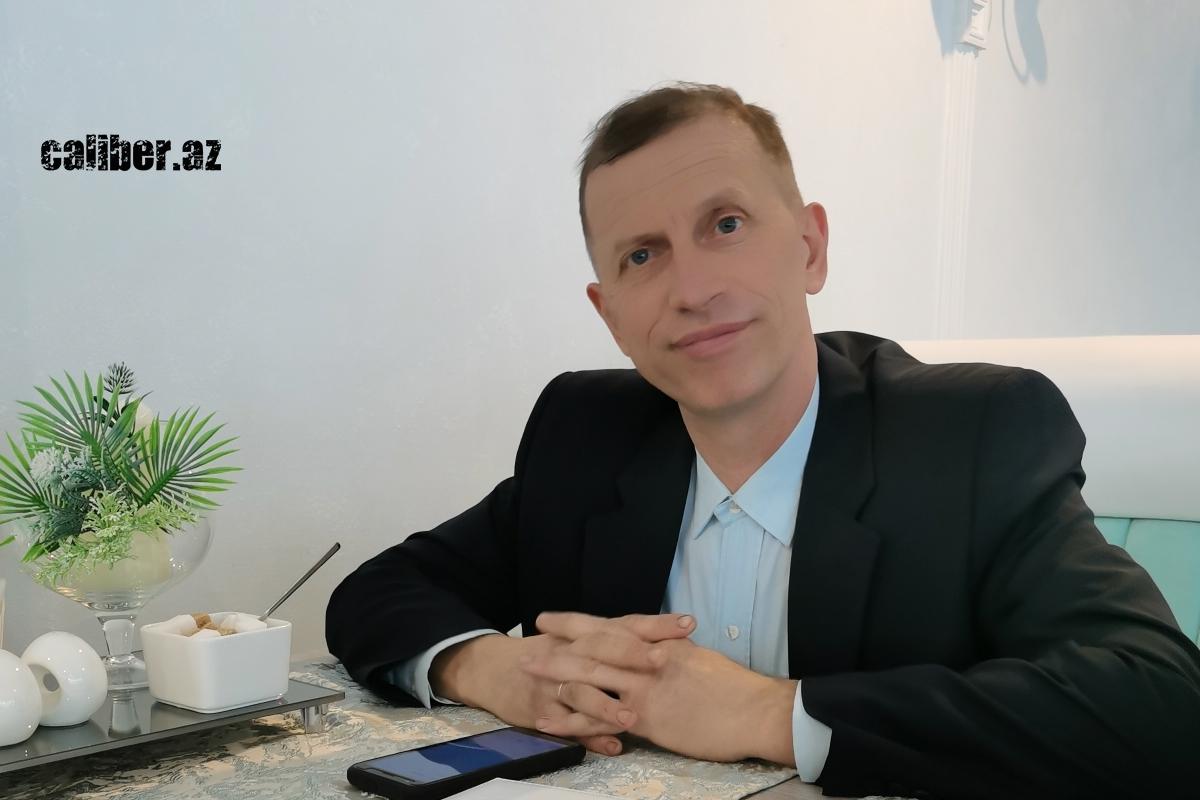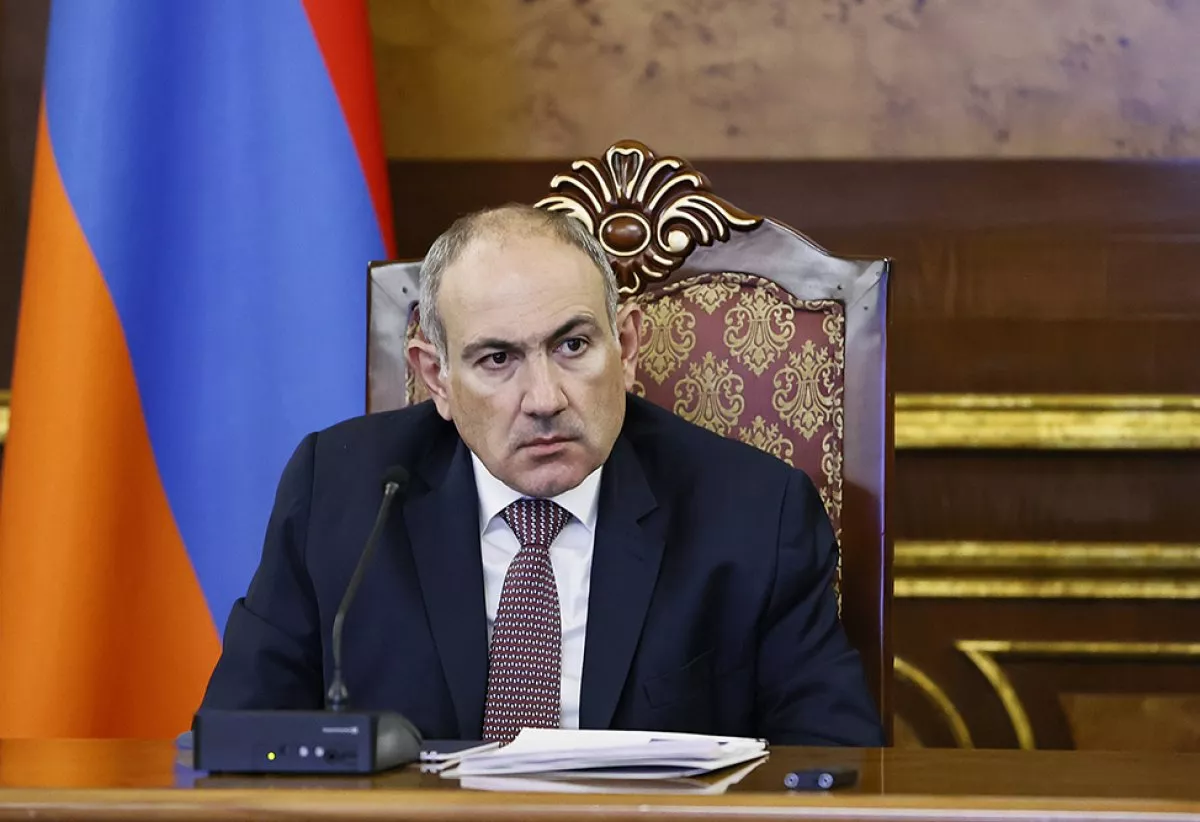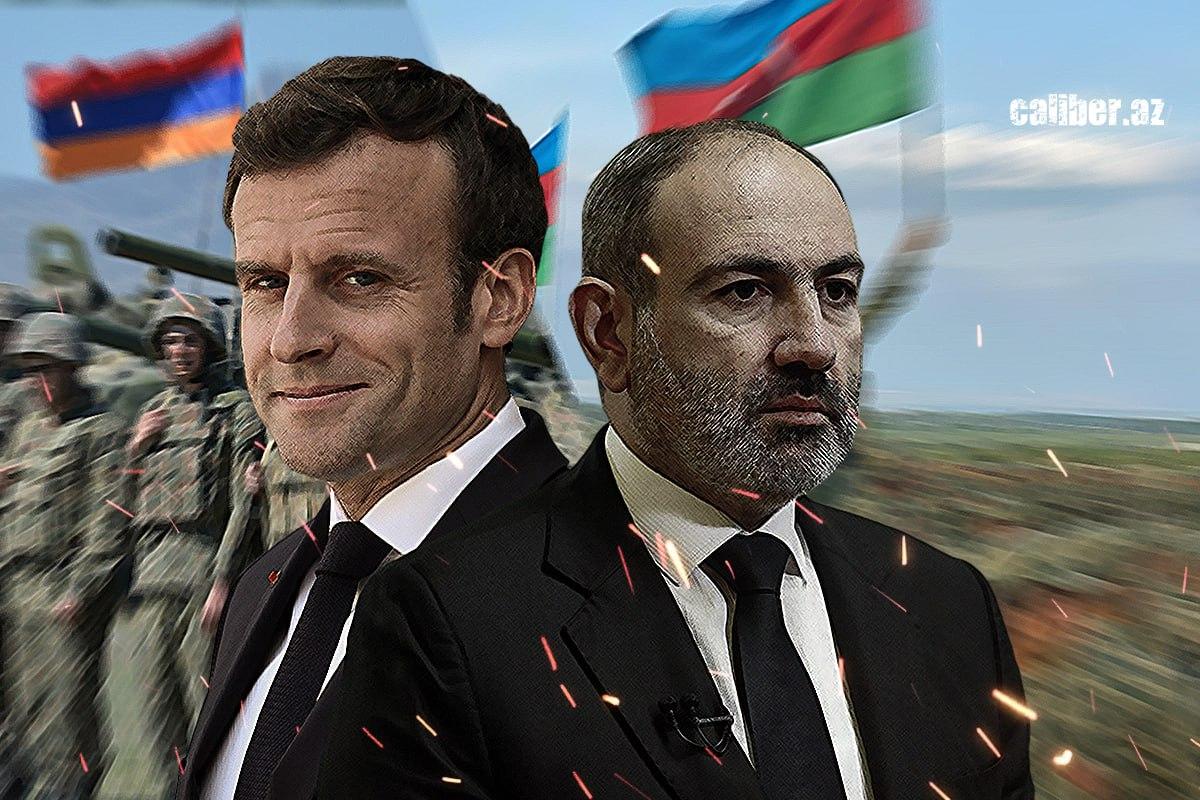"Arming Yerevan with French weapons is a very troubling story" Expert opinion on Caliber.Az
In an exclusive interview with Caliber.Az, Sergey Borovikov, a leading analyst at the Association for Border Cooperation, shares his insights on the challenges and complexities surrounding Armenian-Azerbaijani relations. From Armenia's constitutional stance to France's geopolitical manoeuvres in the South Caucasus, Borovikov delves into the factors impeding peace and the broader implications for regional stability.

— How do you evaluate 2024 in terms of resolving Armenian-Azerbaijani relations?
— The past year was marked by attempts to consolidate Azerbaijan's military victory in the political and administrative-legal space, which is logical. However, unfortunately, these efforts did not bring about any radical changes in resolving relations between Baku and Yerevan.
— Let me expand on your point. The lack of progress in resolving Armenian-Azerbaijani relations stems from Armenia’s refusal to amend its constitution, which contains territorial claims against Azerbaijan.
— I can suggest three potential factors behind this. First, after the First Karabakh War, Azerbaijan refrained from demanding amendments to Armenia’s constitution for thirty years. It only made this demand after regaining its territories. Armenia, it seems, operates on similar logic, calculating that in thirty or forty years, things might change—essentially, “perhaps we’ll reclaim them somehow.” Consequently, why bother now?
Second, amending the constitution is inherently a complicated bureaucratic process. It requires organizing votes, drafting amendments, and addressing inevitable dissent. This would destabilize Armenia's already fragile political situation, particularly given the unpopularity of Nikol Pashinyan's policies and actions.

Third, Armenians might not see this as a pressing issue, given the constitutional ambiguity surrounding Karabakh. Karabakh was never fully integrated into Armenia’s fundamental constitutional framework. This means Armenians will likely grapple with this issue for years to come, not just this year.
— So, the chances of a peace treaty between Baku and Yerevan being signed in 2025 are minimal?
— The reality is that, in today’s world, the absence of a peace treaty between conflicting nations is not necessarily a critical issue. After World War II, the USSR and Japan never signed a peace treaty, yet they managed to interact for fifty years. As for a peace treaty between Baku and Yerevan, I remain sceptical. For Armenia, such a treaty would symbolise the formal acknowledgment of its shameful military defeat, something they are clearly reluctant to discuss in the public sphere.
On the other hand, Armenia’s primary sponsor, France, has no interest in Armenian-Azerbaijani reconciliation. France appears to favour the continuation of this conflict, whether in a political or military form. Consequently, Paris is unlikely to support peace between Armenia and Azerbaijan.
— And is that why France is actively arming Armenia?
— I believe this aligns with France's strategy of countering Russia in its spheres of influence. Russia has significantly curtailed France's presence in Africa, so Paris seems intent on retaliating against Moscow in the South Caucasus. What happens to Armenia as a result is likely the least of France’s concerns. Therefore, the arming of Armenia with French weapons is a very troubling development for Yerevan. Paris is invested in prolonging the region’s destabilisation, the consequences of which could be quite dire for the Armenians.

— In the medium term, is it likely that Armenia will fully sever ties with Russia and pivot towards the West?
— I see this as highly unlikely. First, the West is primarily interested in destabilising the South Caucasus rather than fostering long-term stability. Second, the West is geographically distant, while Armenia remains in a state of transport and logistical semi-isolation. Changes in Georgia could serve as a clear indicator of Armenia’s prospects for a Western orientation. If pro-Western forces in Georgia suffer a definitive defeat, Armenia will have no viable path towards the West.
— In that case, how are Armenian-Russian relations likely to evolve?
— Most likely, they will remain sluggish and lacklustre. As long as pro-Western politicians hold power in Armenia and France continues to "stir the pot," so to speak, no significant progress in Armenian-Russian relations can be expected.








